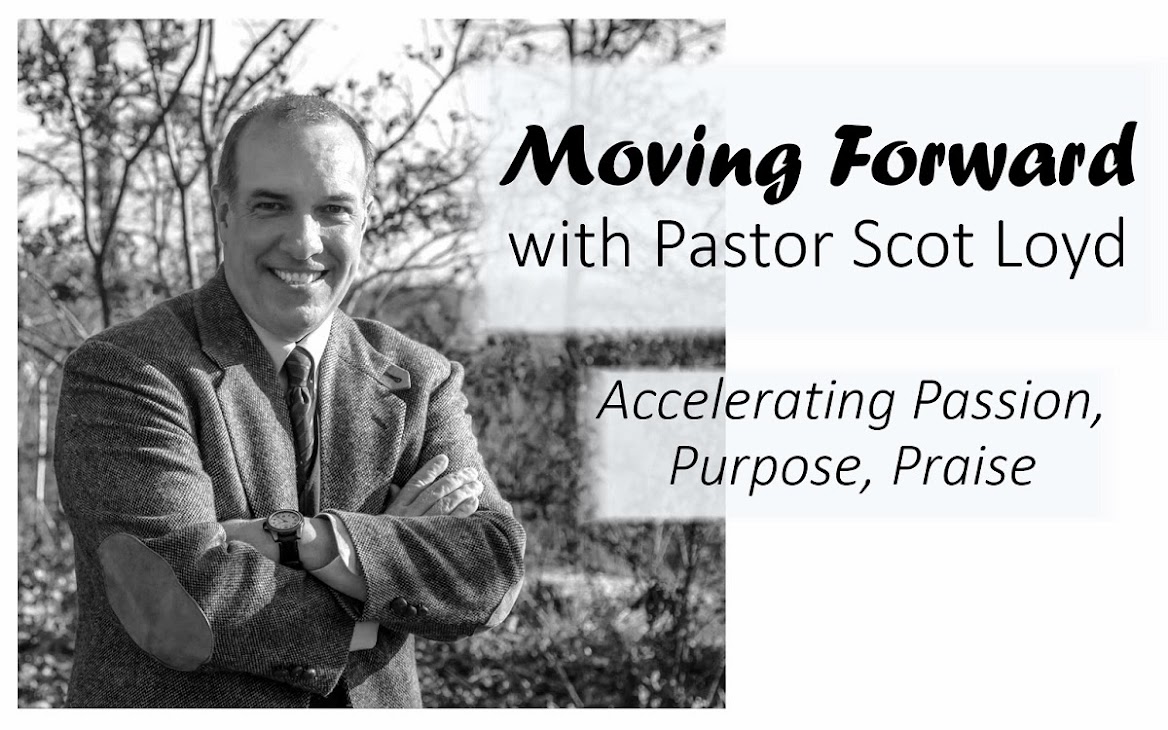 Relationships are complicated.
Deep, meaningful relationships are very complicated. We live in a world that
isn’t conducive to meaningful relationships. Our world is fast paced,
superficial, and often hostile to the work that is required to develop substantial
authentic relationships with others. But the gospel serves to transform every
aspect of our lives, even the way that we relate to one another.
Relationships are complicated.
Deep, meaningful relationships are very complicated. We live in a world that
isn’t conducive to meaningful relationships. Our world is fast paced,
superficial, and often hostile to the work that is required to develop substantial
authentic relationships with others. But the gospel serves to transform every
aspect of our lives, even the way that we relate to one another.
"When the gospel truly impacts our lives, it will move us from the place of simply loving those who love us, to the place where we are capable of feeling genuine compassion even for those who hate us."
When the gospel truly impacts our
lives, it will move us from the place of simply loving those who love us, to
the place where we are capable of feeling genuine compassion even for those who
hate us. Consider these words of Christ in Matthew 5:46 “For if you love those
who love you, what reward do you have?” The gospel story is one of redemption;
Christ loved us when we were His enemies. He died for us when we were still in
a state of rebellion against Him. But yet He loved us, and continues to love
us. This understanding of how we are loved should challenge our notions of
love. Do we love only those who love us in return? Do we hang out with only
those who look like us act like us, and share our same viewpoints socially and
politically?
"Relationships that move beyond affinity and superficiality do not happen without acting intentionally."
Relationships that move beyond
affinity and superficiality do not happen without acting intentionally.
Understanding how God has loved us, transforms our relational lives in these
specific ways:
- Honesty: The Proverbs teach us “Better is open rebuke than hidden love.” (Proverbs 27:5) Our default mode in relationships is often to avoid the truth, because we despise conflict. We avoid telling the truth to others and ourselves, so we seek out relationships with others that will reinforce the lies we embrace. If you are in a relationship that never challenges your thinking or the way that you live your life, your relational life will continue to be shallow, superficial and inauthentic. Genuine love will, at times, demand an “open rebuke”.
- Forgiveness: Meaningful relationships with others dictates that we will make mistakes with others in how we respond, what we say, and what we left unsaid and undone at times. If we are unwilling to forgive in these relationships, the offenses will be many, and the relationships will be short lived. Forgiveness need not involve anyone but yourself, you can choose to forgive with little or no acknowledgement from the other party involved. Christ forgave those who crucified Him, not on the basis of their confession, but rather on the basis of His character. Now depending on the offense, this will challenge our will and emotions, but it is possible, if not easy, to be so transformed by God’s grace that we live lives of forgiveness. This kind of life frees us from the shackles of unrealistic expectations and delivers us the hope of genuine love in the context of our flawed existence.
- Desire: Genesis records that we were made to be image bearers of God. The corruption of our hearts and lives by sin complicates the original intent of God but the desire to be connected and involved with others in meaningful, authentic relationships remains. Within the Godhead, the Father, Son, and Holy Spirit all live in relationship with one another in a way that reveals the one true God to the world. In this way God, models His design for our relationships with others. It is possible to be whom God uniquely created you to be and at the same time to genuinely love and serve others in the context of relationships. As we grow in our relationship to God, this desire to enter into relational community to others will increase as our propensity for superficiality decreases.
"
God leads us into relationships
with others, not because they are like us, but because they are different from
us. Differences challenge our ideas about the world, and reveal our own
weaknesses. Differences in others leads to change within ourselves, we should
not run from these relationships but rather, we should embrace them. And the
next time you have difficulty loving someone else that is different from you,
and entering into a genuine, authentic relationship with him or her, remember
that is exactly what God did with you.

No comments :
Post a Comment